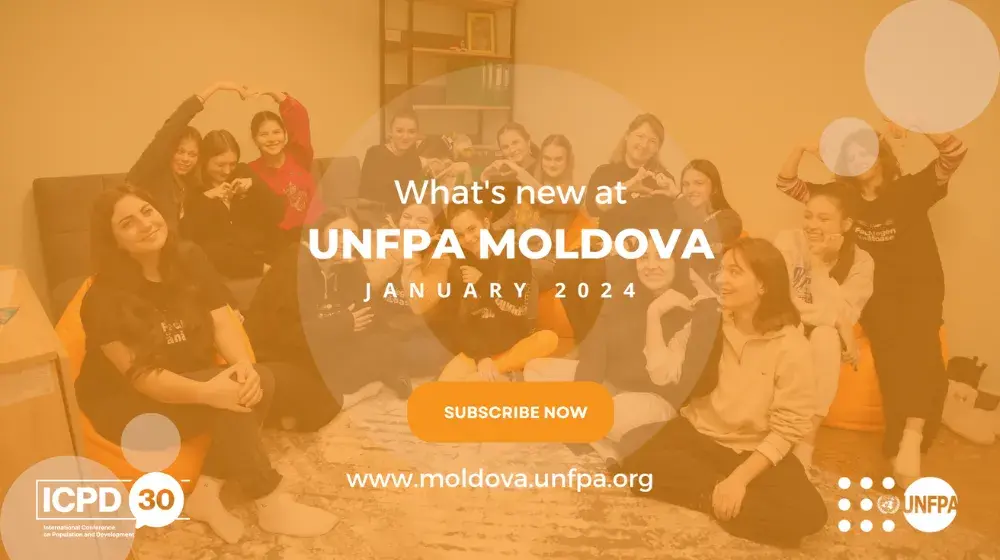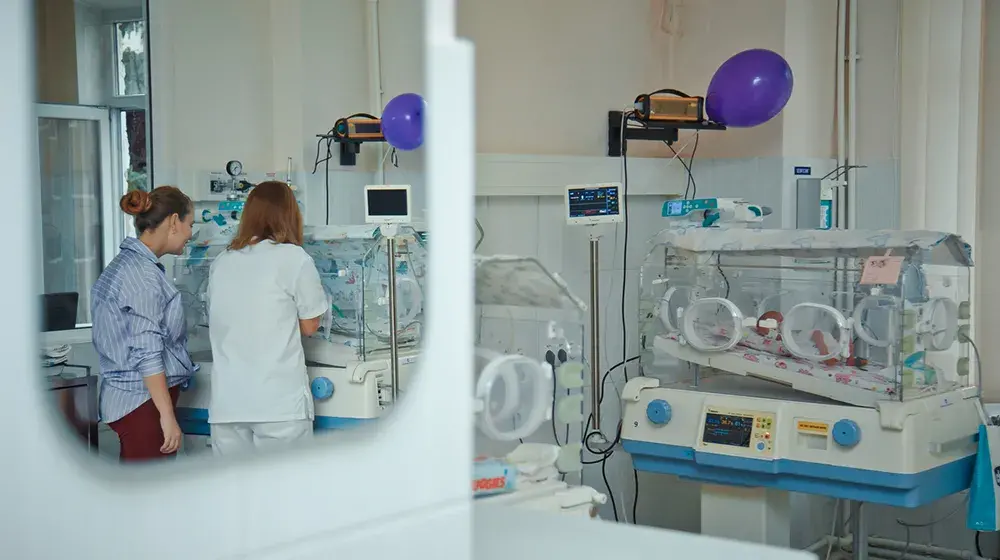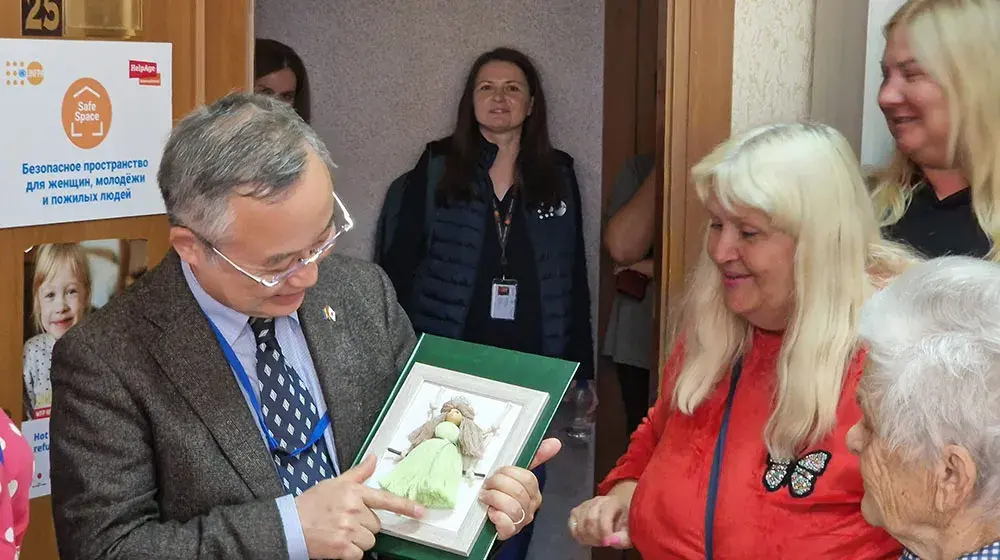Conflict and natural disasters are compounding the challenges and hardship faced by millions of people around the world, driving record levels of displacement and humanitarian need. UNFPA continues to deliver on our unwavering promise to leave no one behind, providing a lifeline of support for women and girls, who pay a steep price during humanitarian crises.
When crisis strikes, UNFPA mobile clinics and teams take reproductive health and protection services to some of the hardest-to-reach women and girls. In 2022, UNFPA’s reproductive health services reached 22 million people in emergency settings. Programmes to prevent and respond to gender-based violence assisted over 2.3 million more. Thanks to UNFPA’s humanitarian outreach, more women survived childbirth, fewer HIV transmissions occurred, and survivors of violence found safe havens and hope.
On this year’s World Humanitarian Day, we pay tribute to our dedicated humanitarian colleagues safeguarding the health, dignity, safety and rights of women, girls and young people in more than 60 countries globally. They inspire us with their courage and resilience – their refusal to give up and commitment to do more each day. Their persistence reminds us that the bright light of human possibility refuses to dim, even amidst the most challenging circumstances.
The lifesaving assistance humanitarians provide has never been more needed, yet it is increasingly under threat. Assaults against aid workers, especially women, are rampant. Health facilities, including maternity hospitals, are under attack in conflict settings. Just as women’s and girls’ needs skyrocket, services that are vital to their health and survival become more difficult to access or find. War and emergencies are also driving a global rise in sexual violence and its use as a terror tactic.
UNFPA calls for urgent increased investment in protecting the health and safety of women and girls caught in humanitarian crises, and support for the local and women-led organizations best placed to meet the needs of affected communities. In every emergency, our humanitarian response must prioritize sexual and reproductive health and rights, and protection from gender-based violence.
Such support is essential. It not only ensures that we meet women’s most urgent needs, but also helps them to move beyond crises to find hope and opportunity, often against all odds. We saw that when Khawla, a young woman, was able to give birth safely to quadruplets by Caesarean section at a UNFPA-supported clinic, just days after the devastating earthquake in northwest Syria. And we saw it in Afghanistan when Mursal, a UNFPA-supported peer educator unable to go to school, told us that “giving up is not an option”.
These are just a few examples of the millions of people UNFPA is working with partners to support in crisis-stricken communities. Yet, so much more needs to be done. While humanitarian needs may be great, they are matched by our determination to support and work with the women and girls who are counting on us. No matter what, we will continue to stand by their side when they need us most.
What we do
Statement by UNFPA Executive Director Dr. Natalia Kanem on World Humanitarian Day – 19 August 2023
Statement
Statement by UNFPA Executive Director Dr. Natalia Kanem on World Humanitarian Day – 19 August 2023
19 August 2023





